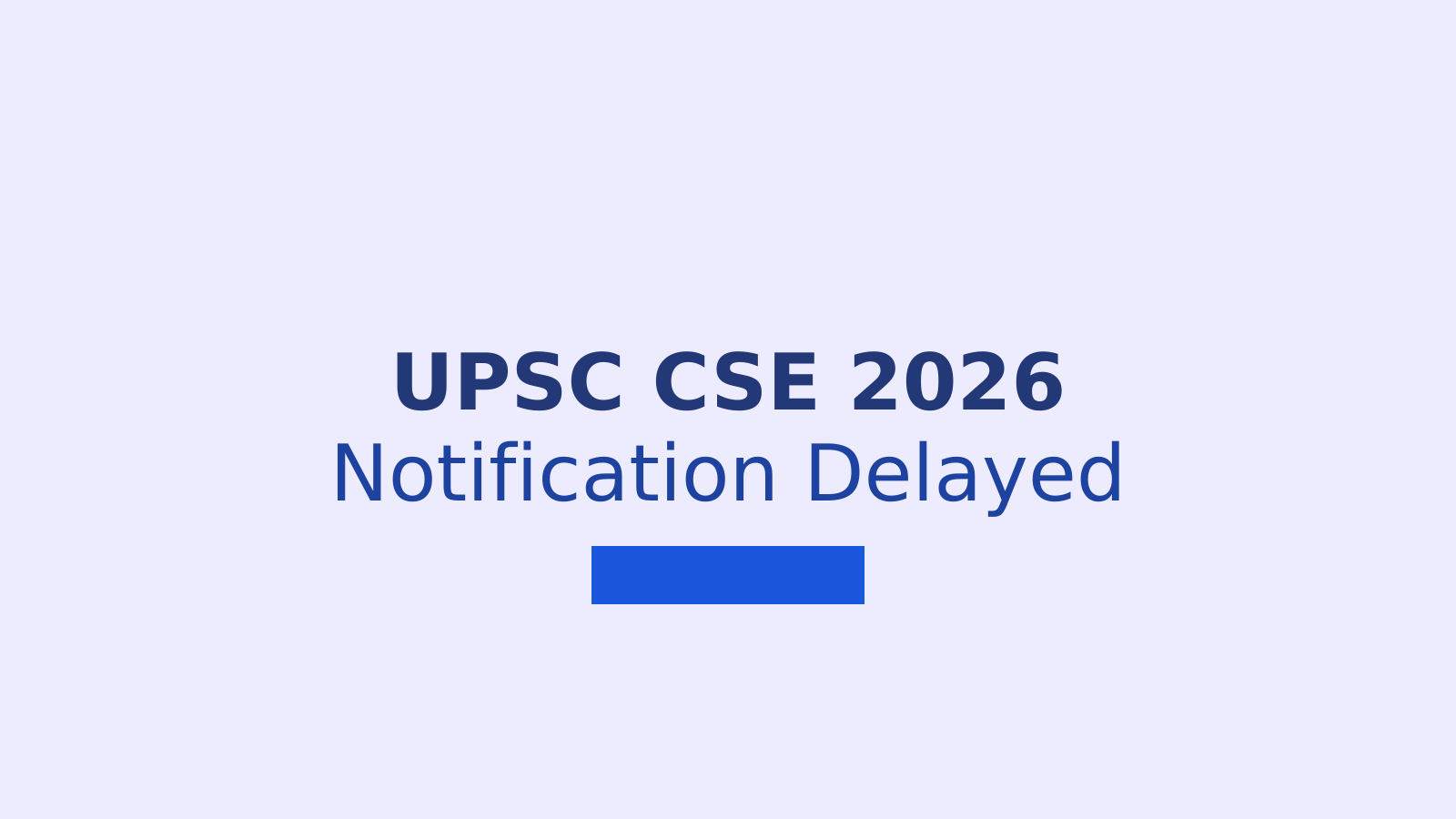How to Become an IAS Officer in 2025?
Discover the step-by-step process of becoming an IAS officer in 2024. Learn about IAS exam stages, preparation tips, coaching institutes, and eligibility criteria for the prestigious civil services exam in India. Keywords: IAS exam 2024, how to become IAS officer, UPSC exam preparation, IAS eligibility, civil services exam, IAS syllabus, coaching for IAS, IAS prelims tips, UPSC mains preparation, personality test IAS, best IAS coaching, LBSNAA training, Indian civil services, IAS exam stages, UPSC interview tips, NCERT books for IAS, IAS officer career, UPSC exam guide, IAS exam preparation strategy, become IAS officer in India.
Kiran
-1726748444086108.jpg)
What is the IAS Exam?
The Indian Administrative Service (IAS) Exam is one of India's most prestigious and challenging exams, conducted by the Union Public Service Commission (UPSC). It serves as the gateway to the country's civil services, opening doors to coveted positions like District Collector, Secretary to the Government, and heads of Public Sector Units. The IAS exam is conducted in three stages: the Preliminary Examination, the Main Examination, and the Personality Test (Interview). These stages assess a wide range of skills, including general knowledge, aptitude, and expertise in selected subjects. Candidates who pass all stages undergo rigorous training before they are appointed to high-ranking government positions. Due to its competitive nature and the level of preparation required, clearing the IAS exam is a dream for many, offering an opportunity to serve the nation in key administrative roles.
How to Become an IAS Officer in 2025?
Becoming an IAS officer requires a series of well-defined steps, from academic preparation to clearing the UPSC exam and completing training. Here's a step-by-step guide to achieving this goal in 2025:
Step 1: Understand the Role and Requirements
An IAS officer plays a critical role in the governance and administration of India. Key eligibility criteria include:
- Nationality: Must be a citizen of India.
- Age Limit: 21 to 32 years (age relaxations apply for certain categories).
- Educational Qualification: A bachelor’s degree from a recognized university.
Step 2: Choose the Right Stream and Subjects
While candidates from any academic background can appear for the UPSC exam, selecting subjects during graduation that align with the IAS syllabus, such as Political Science, History, Economics, and Public Administration, can provide an advantage.
Step 3: Begin Early Preparation
Early and focused preparation is crucial. Key steps include:
- Stay Informed: Keep updated on the latest syllabus, exam pattern, and eligibility criteria.
- Reading Habit: Develop a daily habit of reading newspapers and journals to stay abreast of current affairs.
- Basic Foundation: Study NCERT textbooks from class 6 to 12 to build a solid base in key subjects.
Step 4: Join a Coaching Institute (Optional)
Although self-study can be sufficient with the right discipline and resources, many aspirants benefit from the structured guidance provided by coaching institutes. Popular ones include Vajiram & Ravi, Drishti IAS, and Vision IAS in Delhi. Choose based on your learning style and preferences.
Step 5: Focus on Prelims Preparation
The first stage of the UPSC exam, Prelims, consists of two papers:
- General Studies Paper I: Covers subjects like History, Geography, Economics, Polity, and Current Affairs.
- General Studies Paper II (CSAT): Tests comprehension, logical reasoning, and analytical skills.
Solving past year papers and taking mock tests will help you gauge your readiness.
Step 6: Prepare for the Mains Exam
After clearing Prelims, candidates sit for the Mains, which is more detailed and consists of nine papers:
- Essay Paper: Requires essays on varied topics.
- General Studies Papers I-IV: Deep questions on History, Geography, Technology, Polity, and Ethics.
- Optional Subject Papers I-II: Based on your chosen subject.
- Language Papers: One paper in English and another in a regional language.
Success in Mains requires consistent answer writing practice and subject-specific study.
Step 7: Develop Your Personality for the Interview
The final stage of the exam is the Personality Test (Interview), which evaluates not only knowledge but also communication skills, critical thinking, and confidence. Preparation through mock interviews and staying updated on current events is essential.
Step 8: Undergo Training
Upon clearing all stages, candidates attend training at the Lal Bahadur Shastri National Academy of Administration (LBSNAA) in Mussoorie. The training combines academic lessons, physical training, and field visits, preparing future officers for the challenges of their roles.
By following these steps, you can set yourself on the path to becoming an IAS officer in 2025, ready to serve the nation with integrity and dedication.


-176839915705147.png)
